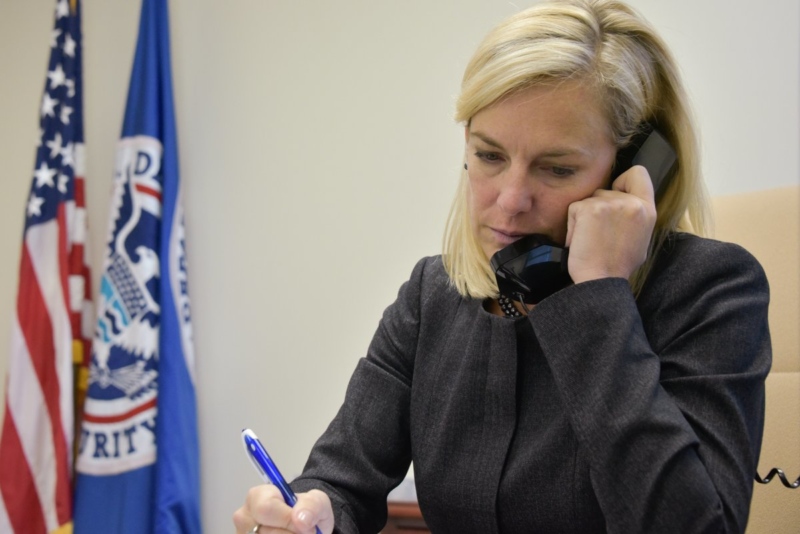Exiles are Keeping the Faith
Why do Haitians leave their homeland? How do their leaders interact with government and civic institutions in their new localities?
This post is also available in: Español
The decision by the Department of Homeland Security not to renew Temporary Protected Status, for almost 200,000 migrants from El Salvador is President Trump’s latest attempt to restrict both legal and illegal immigration. This comes on the heels of the same rulings last year regarding Haitians and Nicaraguans. Salvadorans, however, are by far the largest group of T.P.S. recipients — approximately two-thirds of the remaining beneficiaries.
Just like the decision to end the DACA program for nearly 800,000 undocumented childhood arrivals, the T.P.S. announcement is politically motivated and is probably an attempt to satisfy President Trump’s anti-immigrant base. Although the choice to end a supposedly temporary program that has nonetheless lasted for 17 years may sound rational, the real-world consequences of such a wide-reaching move will be immediate and severe — and may even contribute to a new cycle of illegal immigration.
Why do Haitians leave their homeland? How do their leaders interact with government and civic institutions in their new localities?
What do the election results mean for hemispheric policy and foreign relations?
As the global financial crisis continues to alter US relations with the hemisphere, greater engagement in the region remains critical to US interests.
 US Secretary of Homeland Security Kristjen Nielsen / Twitter
US Secretary of Homeland Security Kristjen Nielsen / Twitter